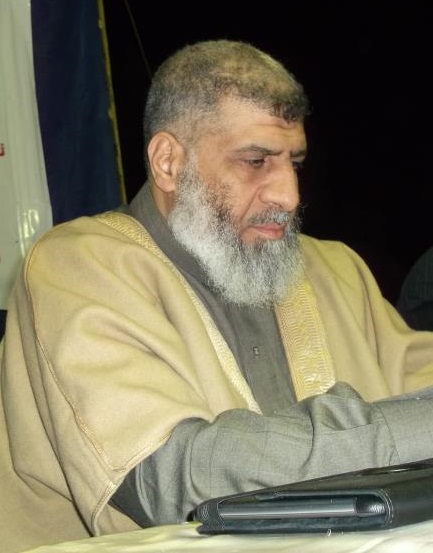CAIRO: One of the great things about living in Egypt is that, if you want to, you can celebrate Christmas twice: twice the presents,twice the calories,twice the number of in-laws (or the same number of in-laws twice over), twice the number of family feuds-basically twice the fun.
It’s the early Christmas, however, the December 25th one, that’s particularly interesting in an ethnographic sort of way in that it’s an import,a type of cultural imperialism with a dash of consumerism.
But who cares? It’s cool! Several years ago, when Christmas was in Ramadan,we were invited for iftar on the 24th, that is, on Christmas Eve, when many Americans and Europeans have a big family dinner with lots of food and singing and jealousy and bickering. Our hostess explained that when they lived in the U.S., her kids had grown up with this tradition, and she didn’t see why she should deprive them of it now. Hence they broke their fast with turkey and cranberries and stuffing and parental criticism, instead of fuul and yameesh and parental criticism.
This year, wanting to instill the Christmas spirit in our offspring, we went to hear Christmas carols-and it was much the same thing; it was some serious joy- to-theworld action and the organizers weren’t particular about what part of the world you came from. We were Decking our Halls and Jingling our Bells and the happy carolers were named Mohamed and Fatma and Boulos and Therèse-and to be truthful about it the Night was not all that Silent because as it turns out people of all faiths can sing off key equally well. But we partied down.
In the middle of the city in the middle of the desert we have to recreate Christmasness. The trappings aren’t there-the Santa Clauses in department stores, the Christmas trees in homes,the colored lights strung up on houses, the Grinch, Rudolf the Red-Nose Reindeer, snow, ice skating, sleigh bells.
But in a real sense, this is all just fluff anyway. It could have been different you know.
Can you imagine an Egyptian Christmas in rural New England? Abu farwa roasting on an open fire, hantour rides, brats throwing firecrackers, George Kordahi’s Christmas special on TV, a Christmas Eve dinner of lamb, pigeons, rabbit, duck and all things meaty: kahk and ara’ aasal pie for dessert.
We’ve got a little bit of commercialism. So it’s not a total loss.There are Christmas displays in shop windows. You can locate the odd Poinsettia here and there. Every traffic light has guys who normally sell steering wheel covers and boxes of Fine with their seasonal armloads of pointy red elf hats and Santa dolls made in China.
What, ultimately, drives us Cairenes to make merry at this time of year given that the vast majority of us have no inherent ethnic tie to this tradition? Why do we keep singing and eating and putting up trees and exchanging gifts? Why do we hang out with our relatives when we know that we’re going to regret it?
Really, it’s not as if any of this is natural to the West either. If anything, we culturally imperialized them! At the end of the day, the three wise men came riding in out of the desert on camels; they were wearing gallabeyas, abbeyas and Bedouin headgear; they brought gold jewelry, spices and incense; they chilled out in a barn in Palestine; their Christmas Eve dinner consisted of dates and goat’s milk.
When did all this get hijacked to the North Pole?! What does any of this have to do with one-horse open sleighs dashing through the snow? Maybe we just want our stuff back! Damn those westerners! They’ve done it again!
Or maybe this is all just snow balls and we sing and eat and put up funky lighted trees and give each other gifts because it calls up something deep inside. Maybe it’s a kid thing. We want to relive our childhoods through our children and if they don’t get it, well, that’s their problem.
One of the great things about living in Egypt at Christmas time is that it reminds us that our differences aren’t as great as we think. Mohamed, Fatma, Boulos, Therèse: We’re all in there celebrating and having forgotten the reason. The important thing is that we each do it in our own way. You can’t label it, you can’t analyze it, we just hope it doesn’t change.
Nadia Wassef is one of the owners of the Diwan bookshop. David Blanks is a historian. This column appears regularly every Saturday.

